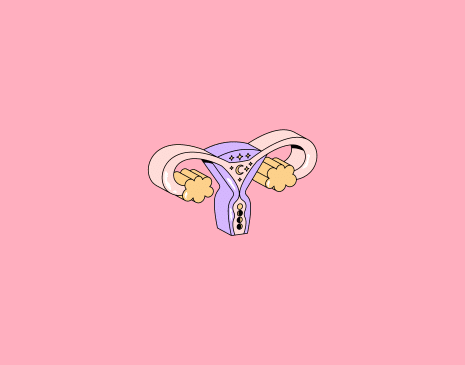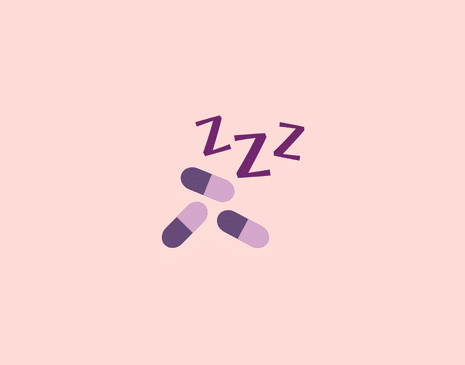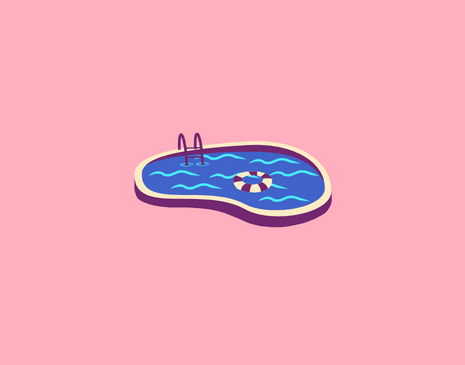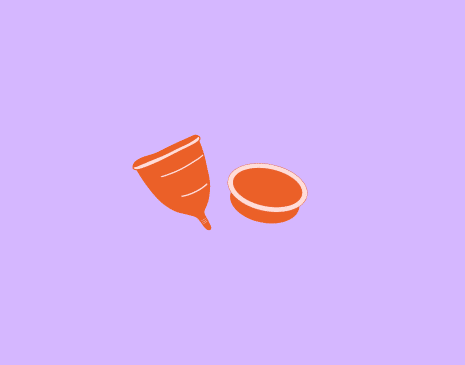Urinary tract infections (UTIs) are a common health issue, particularly for women, and they can range from mild bladder infections to more severe urinary tract complications. The burning question many have is: Can a UTI clear up without antibiotics? In some cases, a mild urinary tract infection (UTI) can resolve on its own without medical treatment, especially if the individual has a strong immune system. However, it’s generally best to seek medical advice.
In this article, we dive into the world of UTIs, exploring their symptoms, such as painful and frequent urination, and the likelihood of them going away on their own. Understanding when it’s time to seek medical attention for a UTI is essential, as leaving it untreated can lead to more serious issues.
UTI Clearing: Is it Possible?
When it comes to a urinary tract infection, one of the most common bacterial infections, many wonder if it’s possible to clear up without antibiotics. Typically, UTI symptoms, including painful urination and frequent urination, signal an issue in the urinary system, often involving the bladder or the urethra. While some believe in using home remedies like cranberry juice or staying hydrated to treat UTIs, these methods help prevent future infections rather than eliminate existing ones.
In the case of a mild bladder infection, there’s a chance it might resolve on its own, particularly if the individual has a robust immune system. However, this doesn’t hold true for all cases, especially with recurring infections or complications like cystitis. It’s important to recognise that while some uncomplicated UTIs may subside without medical intervention, more severe infections, potentially affecting the kidneys, require prompt medical attention.
Ignoring UTI symptoms and choosing to forgo treatment can lead to antibiotic resistance, making recurrent infections harder to treat. A urine sample is often recommended by healthcare professionals to identify the bacteria responsible for the infection and to formulate an effective treatment plan. Without antibiotics, the risk of the infection spreading to the bloodstream or causing long-term damage increases significantly.
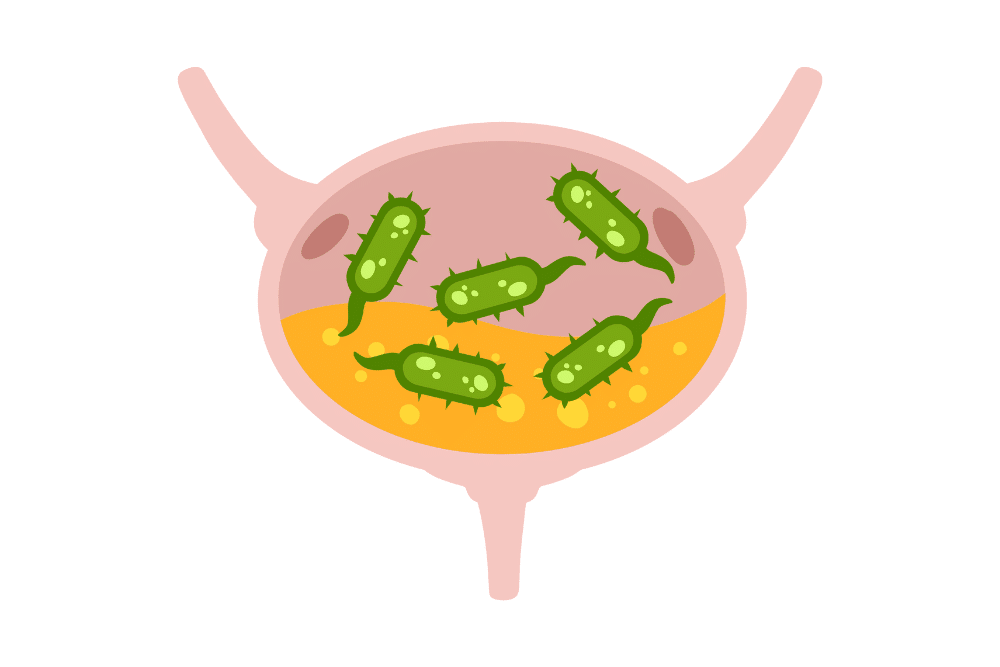
Natural Remedies for UTI Relief
To effectively use natural remedies for urinary tract infection relief, it’s important to first understand the symptoms. Common signs of a UTI include painful urination, frequent urination, and discomfort in the bladder area. Recognising UTI symptoms early can help in managing the infection more effectively.
The Role of Cranberry Juice and Vitamin C
Cranberry juice has long been touted as a natural remedy for preventing and managing UTIs. Its properties may help prevent bacteria, particularly E. coli, from adhering to the urinary tract walls. Similarly, Vitamin C is believed to boost the immune system, potentially aiding in treating urinary tract infections.
Hydration and Urinary Health
Staying hydrated is key in managing UTI symptoms. Sufficient water intake helps flush out bacteria from the urinary system, reducing the risk of infection or aiding in recovery. Frequent urination can help in alleviating the infection quicker.
Urine Culture: When to Seek Medical Attention
While natural remedies can be helpful, knowing when to seek medical attention is important. If symptoms persist or worsen, a urine culture may be necessary to identify the specific bacteria causing the infection. This step is key, especially in cases of recurrent UTIs (find out why you keep getting UTIs) or if there’s a risk of the infection spreading.
Preventing UTIs Naturally
Preventing UTIs involves more than just treating the symptoms. Practices like urinating after sexual intercourse, maintaining good personal hygiene, and using cranberry products can help prevent bacteria from causing urinary tract infections. However, it’s important to remember that although these measures can reduce the risk, they may not always prevent UTIs in all individuals.
Home Remedies vs. Antibiotics
In some cases, home remedies may not be enough, and antibiotics prescribed by a healthcare professional become necessary, especially to treat a complicated UTI. Balancing natural treatments with medical advice is essential to effectively treat and prevent future urinary tract infections. And, if you’re wondering “How to get antibiotics without seeing a doctor”, online platforms like Youly may be a suitable option to get treatment online.
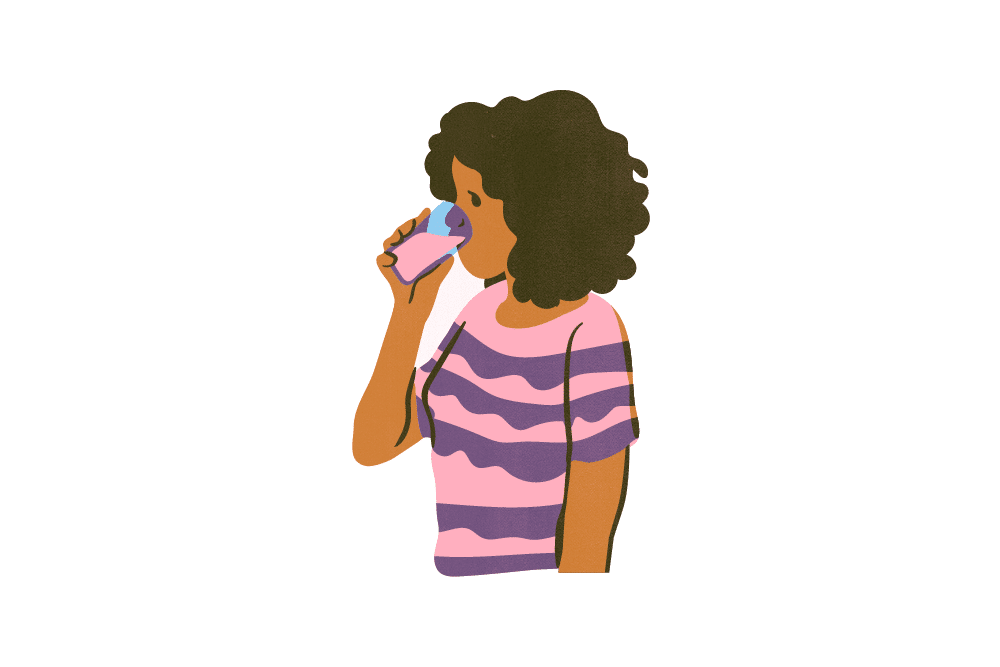
Preventing UTIs: Tips and Tricks
Preventing urinary tract infections starts with understanding the factors that increase the risk of developing them. Common causes include bacteria entering the urinary tract, often through the urethra, and certain lifestyle factors like inadequate hydration and poor hygiene practices.
Hydration: Your First Line of Defence
One of the simplest yet most effective ways to prevent UTIs is to stay hydrated. Drinking plenty of water ensures regular urination, which helps flush bacteria out of the urinary system. Aim to drink enough so your urine is light in colour, indicating good hydration.
Bathroom Habits Matter
Frequent urination and proper wiping (from front to back) can significantly reduce the risk of UTIs. This prevents bacteria from the bowel, particularly E. coli, from entering the urinary tract. Additionally, it’s recommended to urinate soon after sexual intercourse to flush out any bacteria that might have entered the urethra.
Diet and Supplements: Cranberry and Vitamin C
Incorporating cranberry products and vitamin C into your diet can help prevent UTIs. Cranberry juice and cranberry pills can potentially prevent bacteria from adhering to the bladder walls. Vitamin C, by increasing urine acidity, may hinder bacterial growth.
Choosing the Right Clothing
Wearing breathable cotton underwear and avoiding overly tight clothing can reduce moisture build-up, which is a breeding ground for bacteria. This is a simple yet effective tip in reducing the likelihood of developing urinary tract infections.
Special Considerations for Recurrent UTIs
For those who frequently suffer from UTIs, especially women and postmenopausal women, it may be helpful to discuss preventive strategies with a healthcare professional. Low-dose antibiotic treatment or other specific measures might sometimes be recommended to prevent recurrent infections.
Remember, while these tips can significantly reduce the risk of UTIs, they are not foolproof. Maintaining overall urinary health and seeking medical advice when necessary, are key to effective UTI prevention.
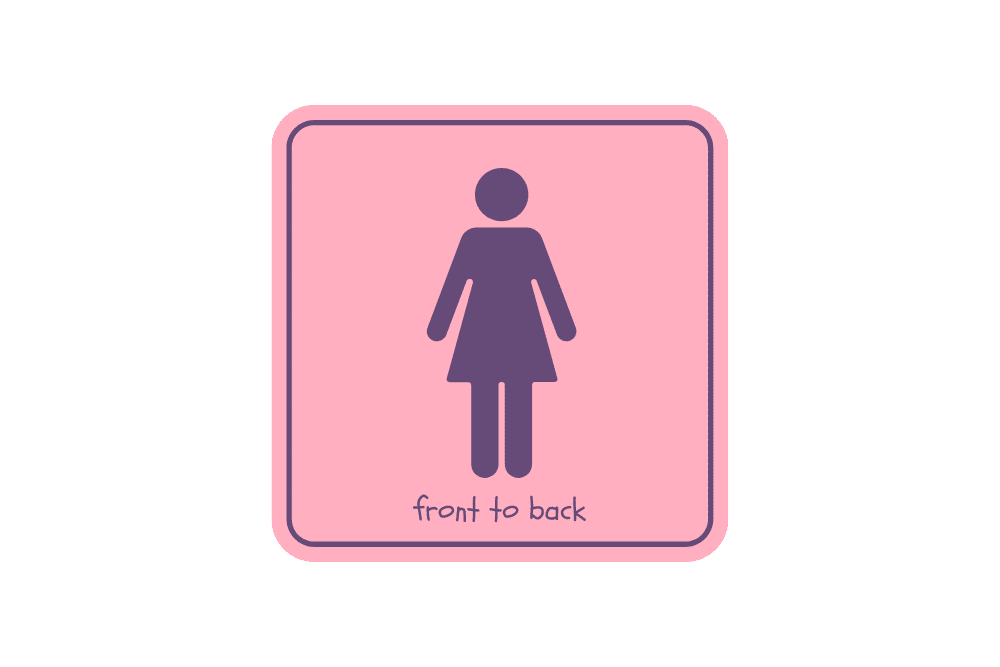
Lifestyle Changes to Support UTI Healing
Prioritising Hydration for Urinary Health
Increasing water intake is one of the most effective lifestyle changes for supporting UTI healing. Hydration plays a big role in flushing out the bacteria from the urinary tract. Drinking sufficient water helps alleviate the symptoms of a UTI and aids in the overall healing process.
Diet Adjustments: Foods and Beverages to Avoid
Certain dietary adjustments can help manage and heal from a urinary tract infection. It’s advisable to avoid irritants like caffeine, alcohol, spicy foods, and acidic fruits, as they can worsen UTI symptoms. Instead of diving into common foods to avoid with UTI, focus on consuming a balanced fibre-rich diet to maintain regular bowel movements, reducing pressure on the urinary tract.
The Impact of Stress Reduction
Stress management is an often overlooked aspect of UTI healing. High-stress levels can weaken the immune system, making it harder for the body to fight infections. Engaging in relaxation techniques like yoga, meditation, mindfulness, or gentle exercise can be beneficial in reducing stress and supporting the body’s healing process.
Importance of Good Personal Hygiene
Maintaining good personal hygiene is critical in supporting UTI healing and preventing further infections. This includes showering regularly, changing underwear daily, and ensuring proper genital hygiene to minimise bacterial growth and reduce the risk of bacteria entering the urinary tract.
Adequate Sleep and Rest
Adequate sleep and rest are essential for the body to recover from infection, including UTIs. Ensuring enough quality sleep each night helps bolster the immune system, providing the body with the strength to fight off the infection effectively.
The Role of Physical Activity
While rest is important, incorporating light physical activity into your routine can also aid in UTI healing. Activities like walking can help maintain regular bladder functions and reduce the risk of constipation, which can put pressure on the bladder and exacerbate UTI symptoms.
By integrating these lifestyle changes, individuals can create a supportive environment for UTI healing, complementing medical treatments and reducing the likelihood of recurrent urinary tract infections. Remember, while these measures can aid in recovery, they should be used with professional medical advice, especially in cases of severe or recurring UTIs.
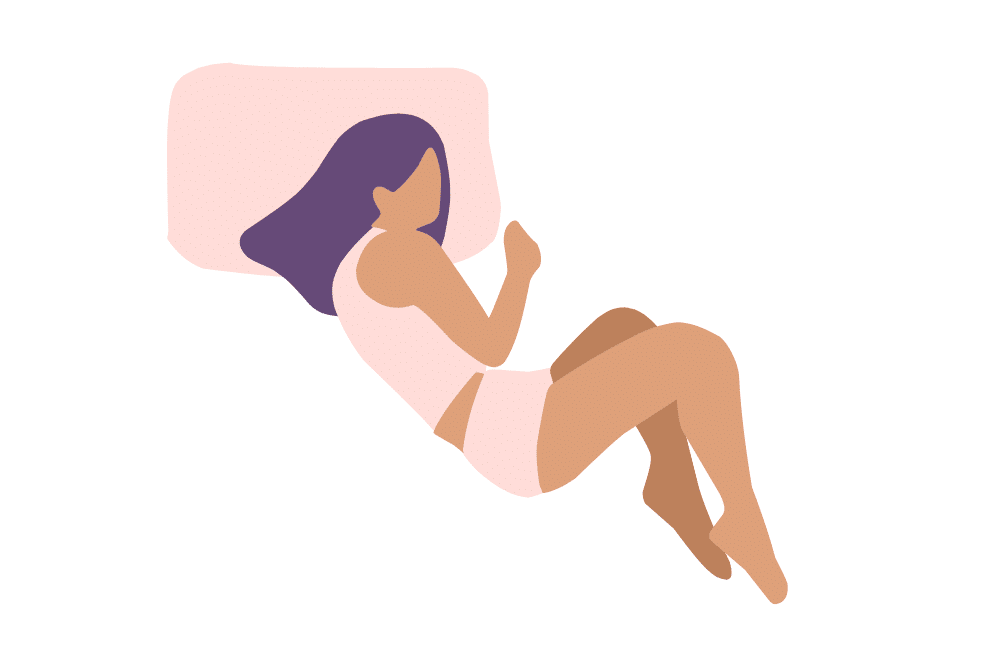
Understanding UTI Symptoms and Causes
Urinary tract infections are primarily caused by bacteria entering the urinary system, which includes the bladder, kidneys, urethra, and ureters. The most typical culprit is the E. coli bacteria, often originating from the bowel. Women are at a higher risk due to their shorter urethra, which allows bacteria easier access to the bladder. Other contributing factors can include sexual intercourse, certain types of birth control like diaphragms, menopause, and conditions that obstruct the flow of urine, such as kidney stones.
The symptoms of a UTI are usually unmistakable and can develop rapidly. They include a persistent urge to urinate, a burning sensation during urination, passing frequent, small amounts of urine, and urine that appears cloudy or reddish if blood is present. In more severe cases, symptoms may escalate to pelvic pain (in women), fever, and chills, indicating that the infection may have reached the kidneys. It’s essential to recognise these symptoms early and seek medical attention, as untreated UTIs can lead to more serious complications.
When to Seek Medical Help for a UTI
It’s essential to seek medical help for a urinary tract infection when symptoms persist or worsen, despite initial home care efforts. Warning signs that warrant immediate medical attention include severe pain or discomfort, high fever, chills, nausea, vomiting, or any signs that the infection may have spread to the kidneys, such as flank pain or blood in the urine.
If you experience recurrent or frequent UTIs, it’s important to consult a healthcare professional to investigate underlying causes and discuss preventive strategies. Delaying UTI treatment can lead to more serious complications, including kidney infections and long-term damage, making prompt medical intervention vital for your health and well-being.

